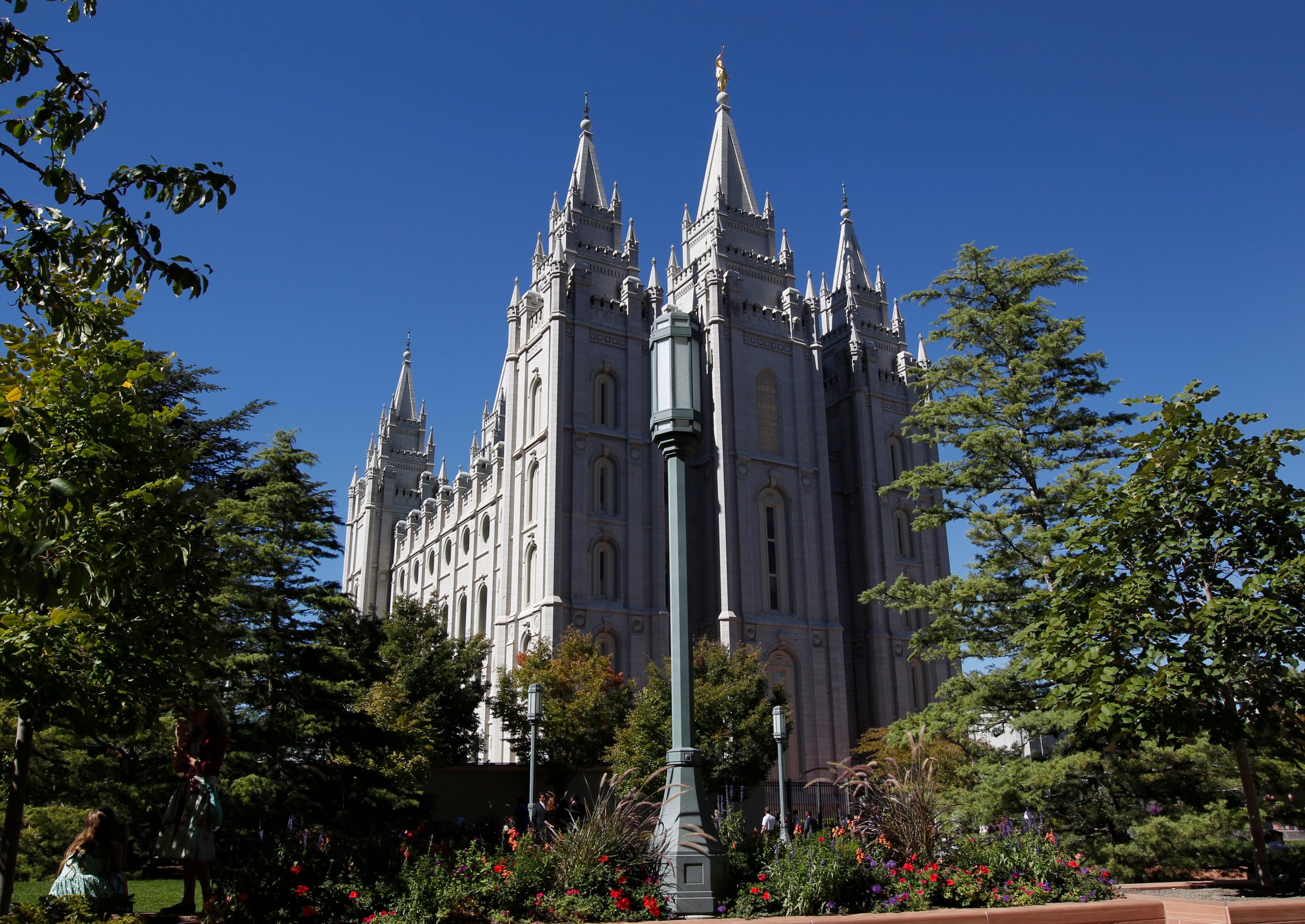
Religions at their core do not hinge on historical proofs. They hinge on faith. And that, ultimately, is what is at stake in the Church of Jesus Christ of Latter-day Saints’ public confirmation that Joseph Smith had dozens of wives.
Peggy Fletcher Stack at the Salt Lake Tribune reported the news three weeks ago when the essay first went live on the Church’s website. The story got national attention this Tuesday when the New York Times put Laurie Goodstein’s story about the development on A1. The shift is provocative: “Mormon leaders have acknowledged for the first time that the church’s founder and prophet, Joseph Smith, portrayed in church materials as a loyal partner to his loving spouse Emma, took as many as 40 wives, some already married and one only 14 years old,” she wrote.
Polygamy, or plural marriage as the Church calls it, has long been one of the hottest topics of conversation surrounding the Church of Jesus Christ of Latter-day Saints. The LDS Church officially banned polygamy in 1890, and today only 2% of Mormons believe that polygamy is morally acceptable, according to the Pew Research Center. While scholarship about the LDS history has long discussed Smith’s multiple marriages, particularly his involvement with 15-year-old Fanny Alger, the Church itself has largely kept this part of its founder’s life out of the mainstream conversation.
Marriage and family have been central to the Church’s origin and trajectory from the beginning. Smith’s love for his wife Emma Hale has long been touted in Mormon circles. Mormon faith is often primarily nurtured in family structures. Today, half of Mormons say it is essential for their families to hold regular “family home evenings,” a family prayer and activity time, according to the Pew Research Center.
The Church may be talking about Smith’s marriages more openly, but the conversation will lead to topics far more complex than just polygamy. The disclosures raise deeper questions about how faith works. The essay explains that God sanctioned Smith’s polygamy for only a time. That prompts questions about who God is, how God acts, how humanity should respond to the divine, how divine revelation happens, and why it changes. That’s all on top of the particular revelation about polygamy itself. As the essay itself concludes, “The challenge of introducing a principle as controversial as plural marriage is almost impossible to overstate.”
The whole situation is a good reminder of how religions develop over time. The Church of Jesus Christ of Latter-day Saints is one of the world’s youngest religions; it has not even celebrated its bicentennial. Christianity did not begin to decide which books would become the Bible until a century after Jesus Christ’s death when Marcion, a Christian leader, wanted the Bible to include just Luke’s gospel and Paul’s letters. The Council of Nicea, which set out orthodox belief about Christ’s relationship to God and formalized the Easter holiday, was 200 years after that. The Council of Chalcedon was another hundred years later in 451, when it standardized theology that that Christ was fully human and fully God. Now that Christian history and orthodoxy has been largely set for centuries, such big shifts can be easy to forget.
An online acknowledgement of Joseph Smith’s many marriages certainly is no Nicea, but it is another sign that the Church is trying to help its followers sort out their own history and theological place in the 21st century. The polygamy essay is one of 11 essays on controversial topics that the LDS Church has written and published online over the last year. Subjects include race and the priesthood—the LDS church did not ordain black men until 1978—and different accounts of Joseph Smith’s first vision.
All this means that the LDS reaction may end up being more important than the historical announcement. Religious trajectories are often determined by how communities handle tension. How Mormon families, wards, schools, and young people respond to this official word is what will matter.
More Must-Reads from TIME
- Inside Elon Musk’s War on Washington
- Meet the 2025 Women of the Year
- The Harsh Truth About Disability Inclusion
- Why Do More Young Adults Have Cancer?
- Colman Domingo Leads With Radical Love
- How to Get Better at Doing Things Alone
- Cecily Strong on Goober the Clown
- Column: The Rise of America’s Broligarchy
Contact us at letters@time.com